November 4, 2021
Happy Deepawali from IGrain India. IGrain’s Rahul Chauhan provides information on pricing and current inventories, as well as import figures and news from domestic and international markets.


Market traded on lower side
Mumbai
Lentil prices declined last week due to continued selling by importers and subdued demand. Prices are under pressure due to continuous arrival of goods at the port. In Mumbai, prices recorded a fall of Rs. 25/50 per quintal and, in Mundra, lentils traded at Rs. 7,050/7,100. Canadian containers are selling at Rs. 7,250 and Australian at Rs. 7,350 per quintal. Due to lack of demand, prices in Kolkata remained subdued this week, falling by Rs. 150/200 per quintal, meaning Canadian lentils traded at Rs. 7,200 per quintal and Australian at Rs. 7,350 per quintal over the weekend.
Delhi
Due to the impact of the port's decline and sluggish demand, in Delhi prices fell by Rs 100/150 per quintal this week. On the Kota line, lentils sold at Rs. 7,275, on the Bundi line at Rs. 7,550, Desi Large at Rs. 7,550 and Imported lentils remained at Rs. 7,350 per quintal.
Madhya Pradesh
Madhya Pradesh prices continue to decline due to weak demand. This week, Ashoknagar prices reduced by Rs. 200, Bina by Rs. 200, Ganjbasoda by Rs. 100 and Katni by Rs. 75 per quintal due to continued selling pressure and weak demand. At the weekend, Ashok Nagar sold at Rs. 6,600/6,700, Bina Rs. 6,700/7,100, Ganjbasoda Rs. 6,600/7,000 and Katni Rs. 7,725 per quintal.
Uttar Pradesh
Due to the continued selling pressure of stockists, buying remained calm. A downtrend was seen in the markets of Uttar Pradesh. In Kanpur, lentils fell by Rs. 200, Bareilly by Rs. 100/125 and Lalitpur by Rs. 100 per quintal to Rs. 7,500, Rs. 7,625/7,700 and Rs. 6,600/7,000 per quintal, respectively.
Other
Due to sluggish demand, in Raipur, prices recorded a fall of Rs 100 and traded at Rs. 7,300 per quintal over the weekend. Similarly, in Bihar, prices also declined by Rs. 100 per quintal to Rs. 7,200/7,800 per quintal.
Red Lentil
Last week, the consumption of Masur daal remained cool, due to which prices fell by Rs. 100 per quintal to Rs. 8,500/8,700 per quintal at the weekend.
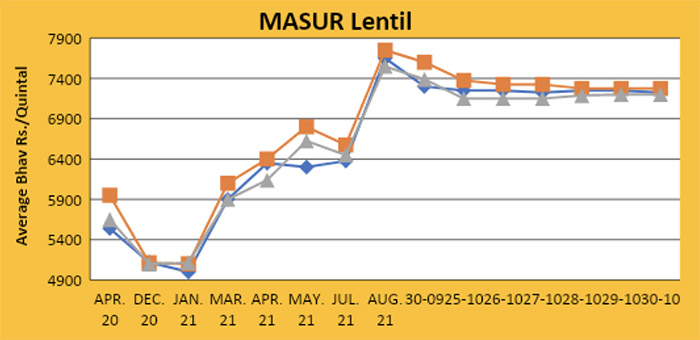
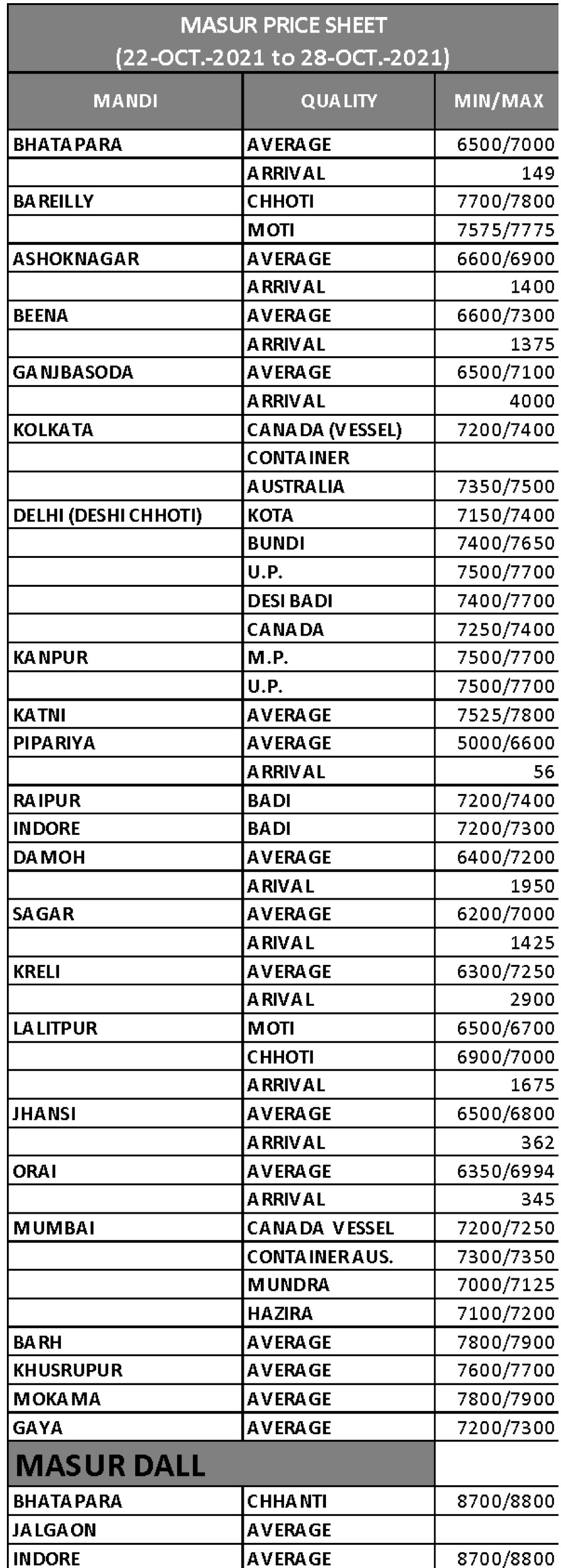
Lack of indication of extension of stock limit on pulses creates a dilemma in the market.
The central government had imposed a stock limit for four pulses – tur, urad, gram and masoor (whole and processed) - until October 31, 2021. It was expected that by October 30-31, the government would issue a new circular to extend the deadline but no such announcement came. Despite this, confusion prevails in the pulses market and pulse millers and stockists are apprehensive, fearing that the government may announce the re-imposition of the stock limit at any time. The main objective of imposing the storage limit was to increase the supply and availability of pulses in the domestic division and to control prices, both of which were highly successful.
Despite it being the peak festive season, the pulses market is calm - a marked change from the usual bullish atmosphere at this time. After implementing the quota system, there was a good increase in the import of urad, tuar and mung in the country and due to the drastic reduction in customs duty, masoor is also being imported regularly. Imports were affected due to the heavy customs duty imposed on gram and peas. The import of peas has almost completely stopped because of the high customs duty, as well as some other stringent conditions that have been imposed. Import of desi gram and kabuli gram has been limited. At present, demand remains weak amid good supply and availability of pulses in the domestic market, keeping prices under pressure. We believe that if the period of storage limit is not extended then some improvement in the prices of pulses can be expected. It seems that even if there is no increase in the time limit, traders and millers would not like to share the huge stock of pulses because the sword of storage limit will always be hanging over their necks.
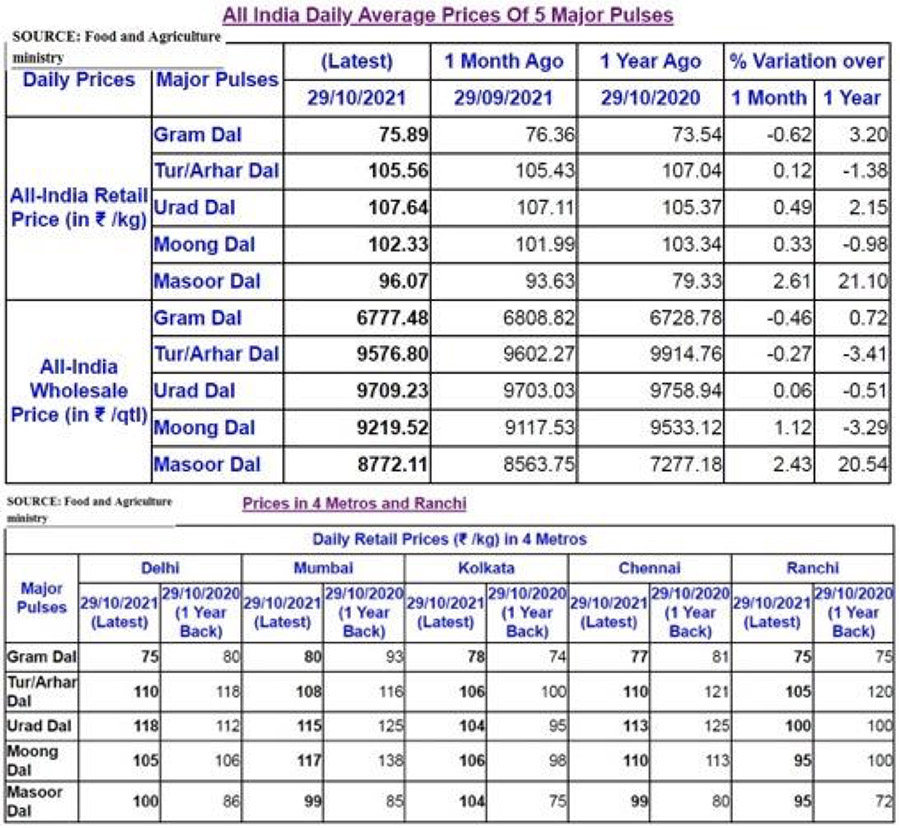
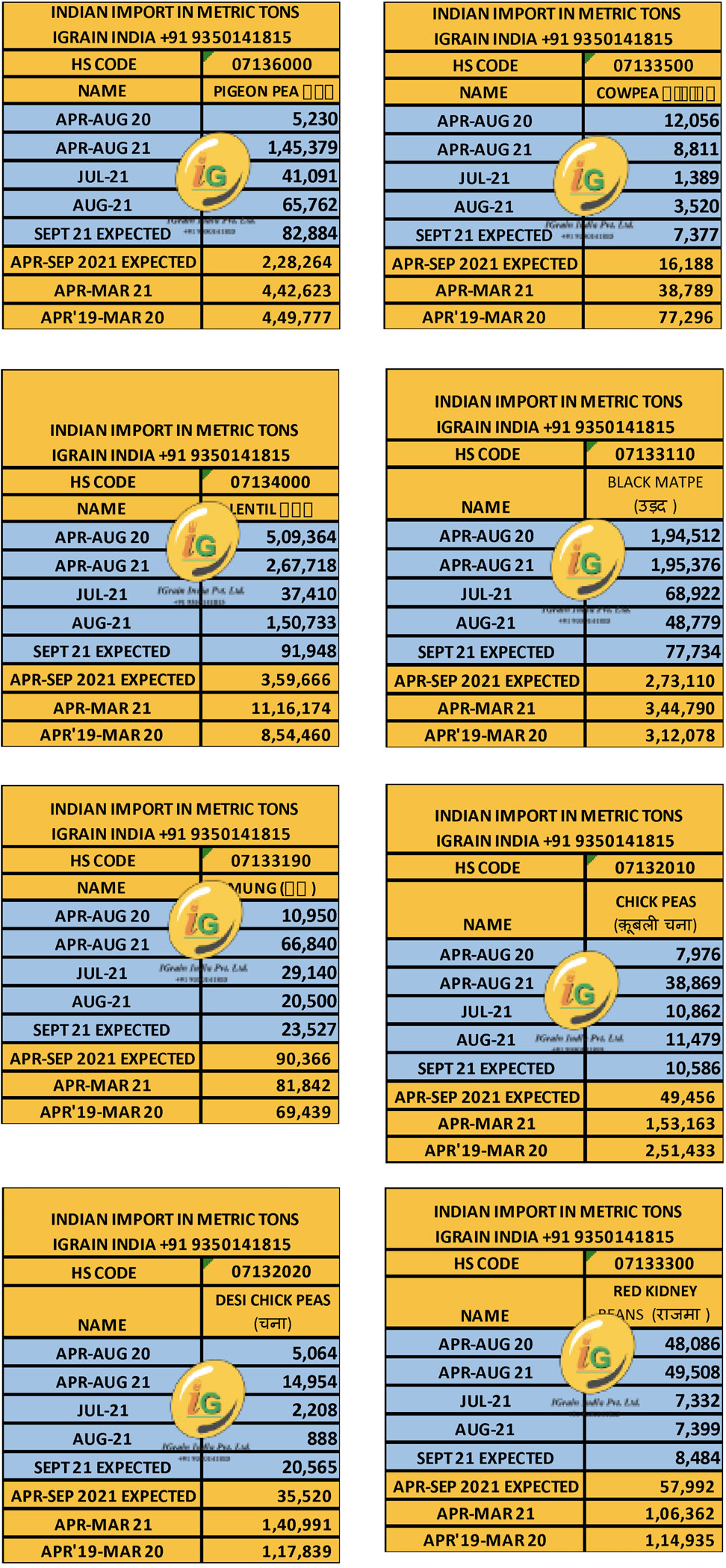
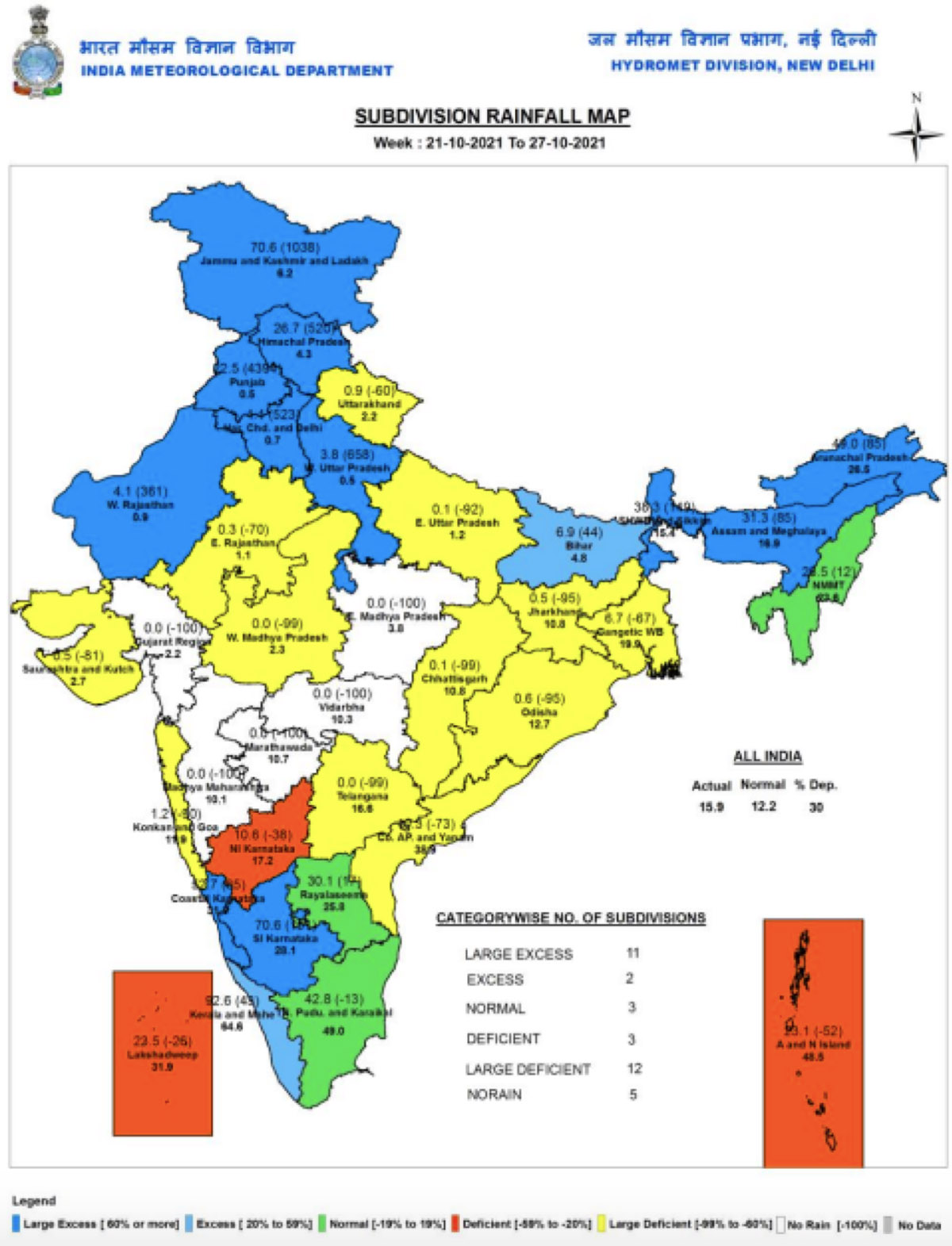
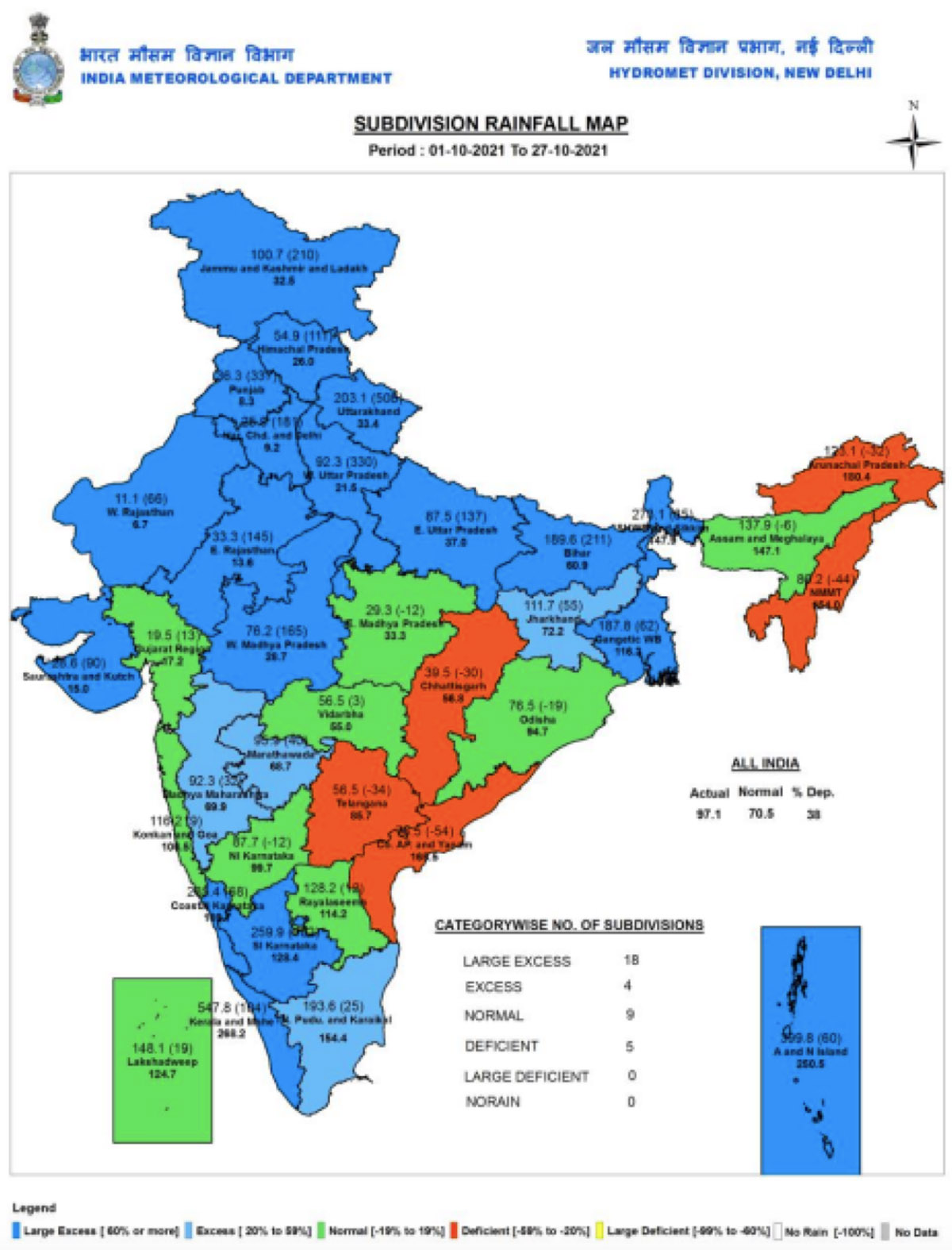
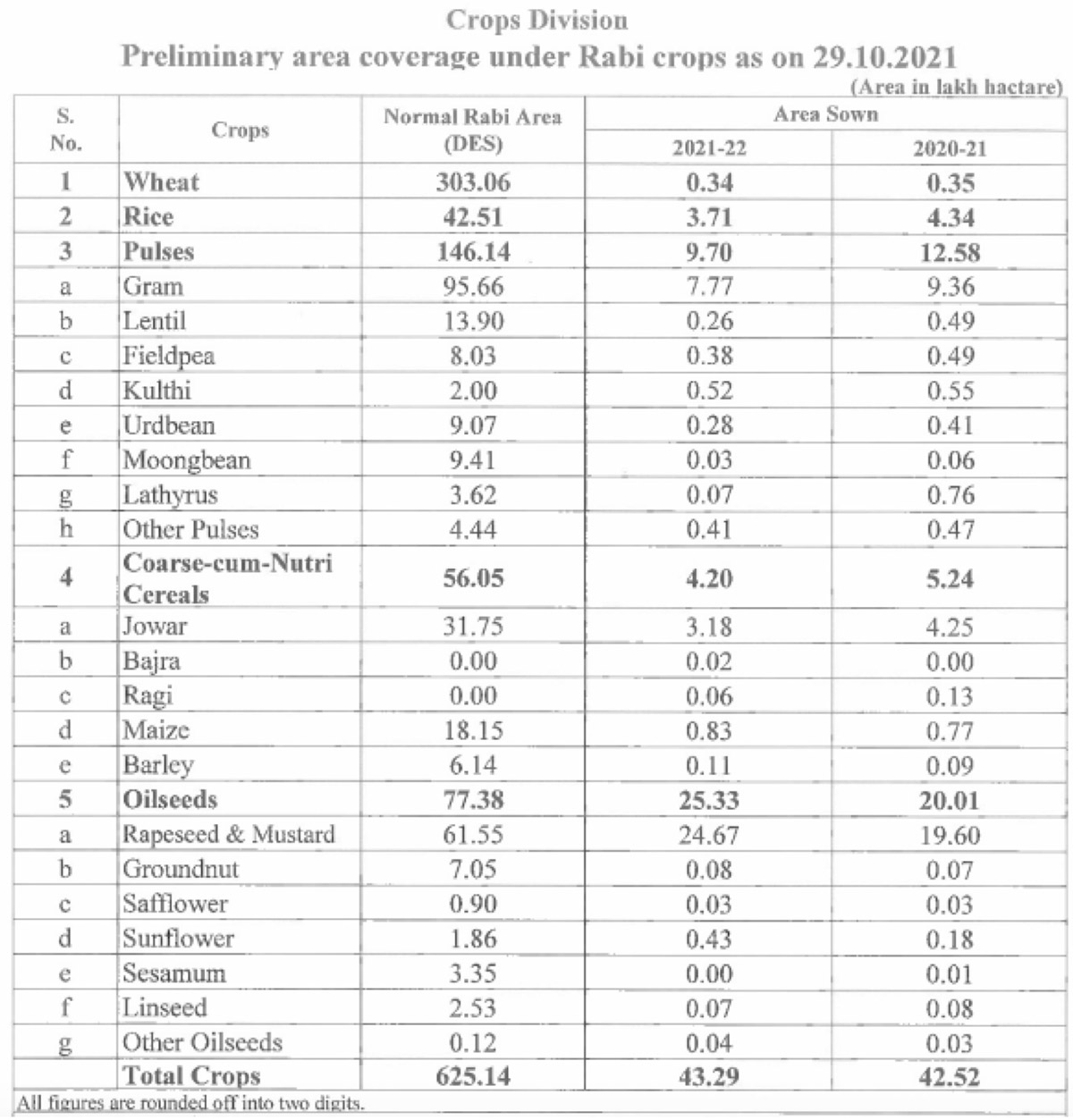
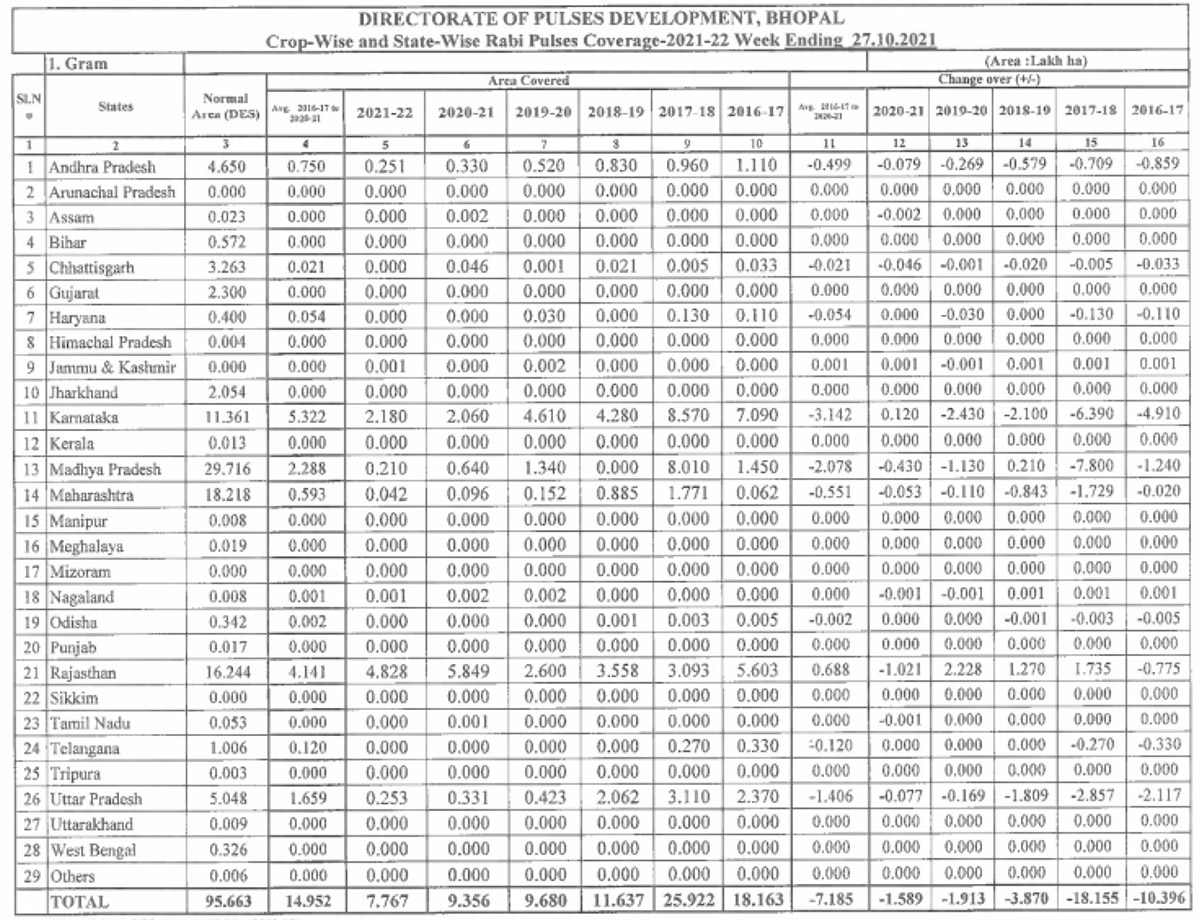
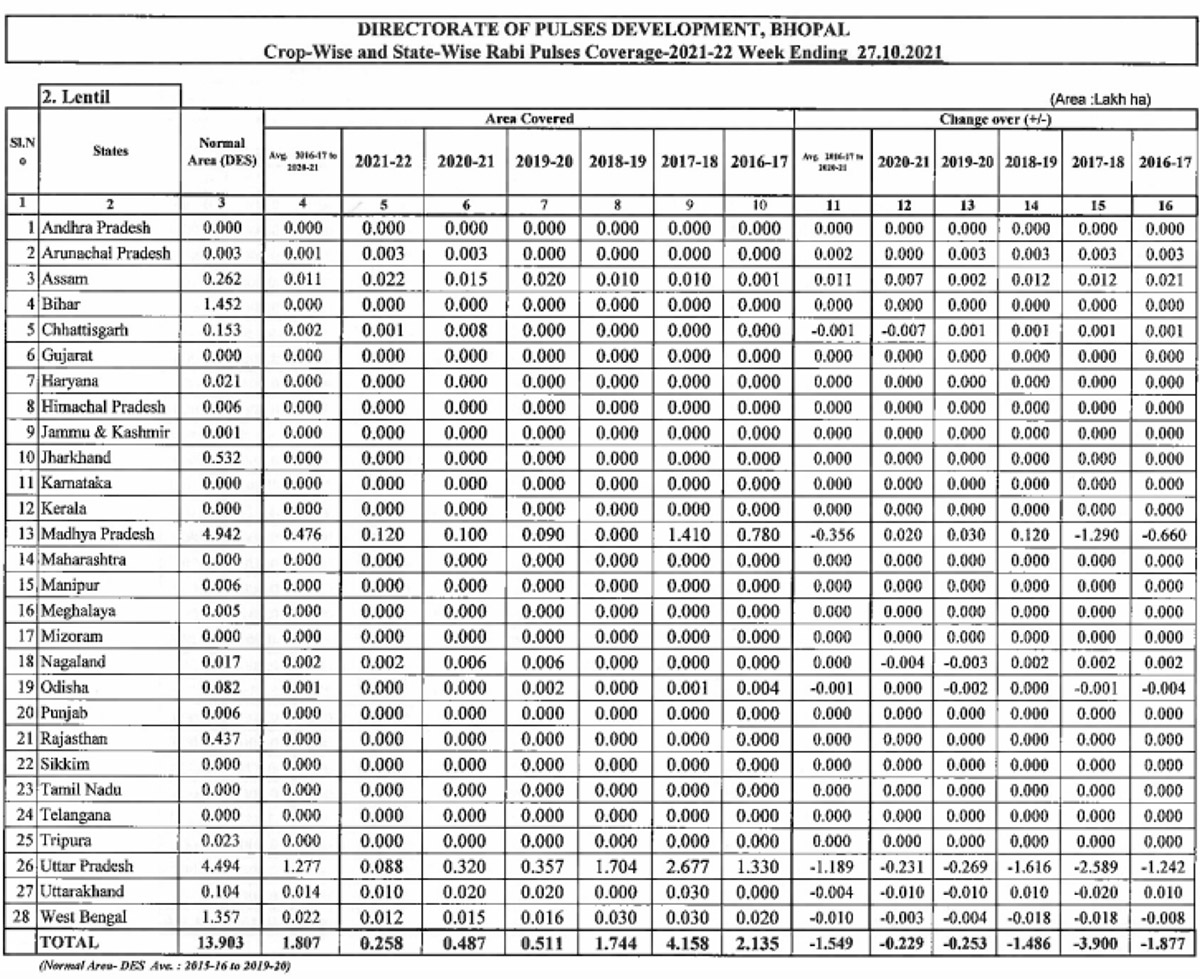
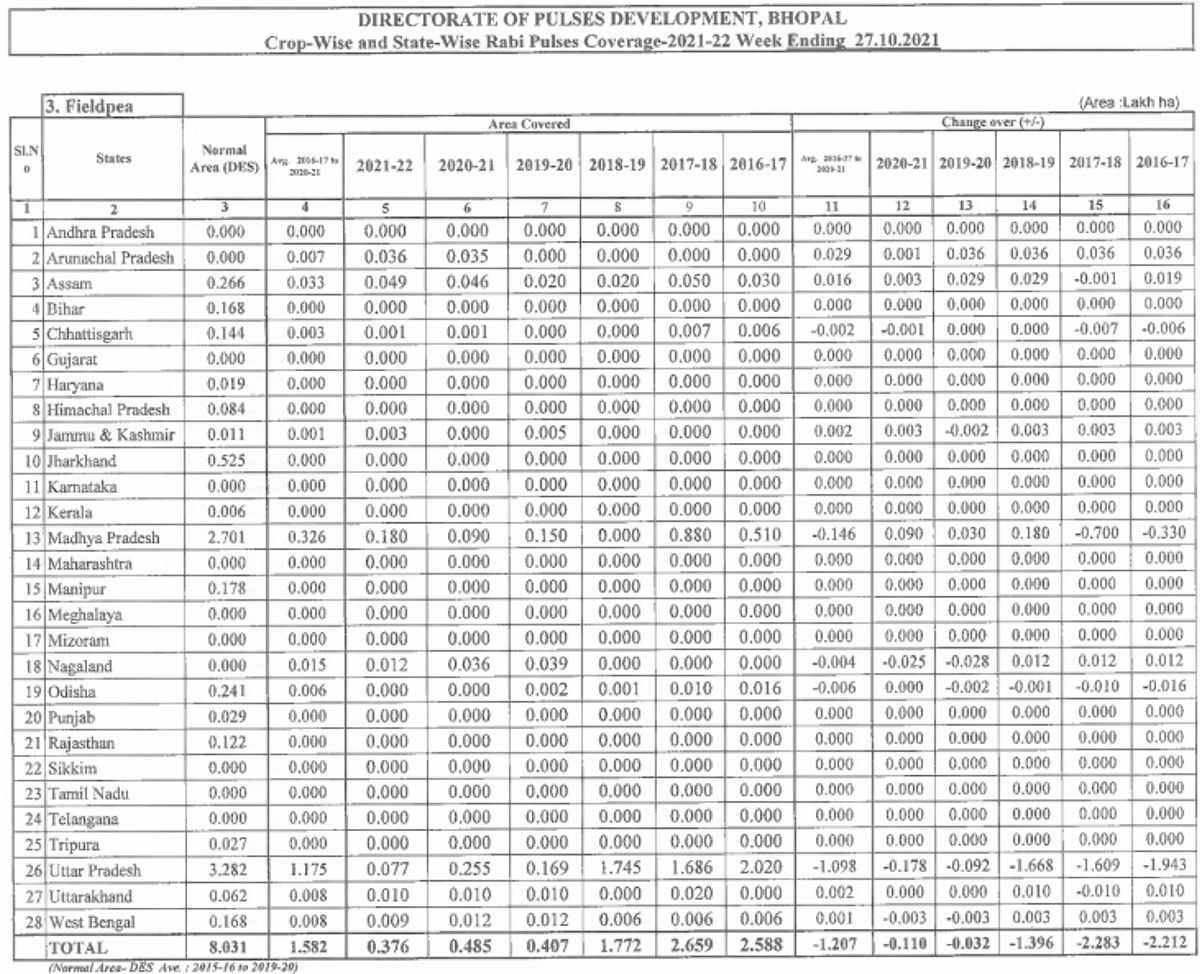
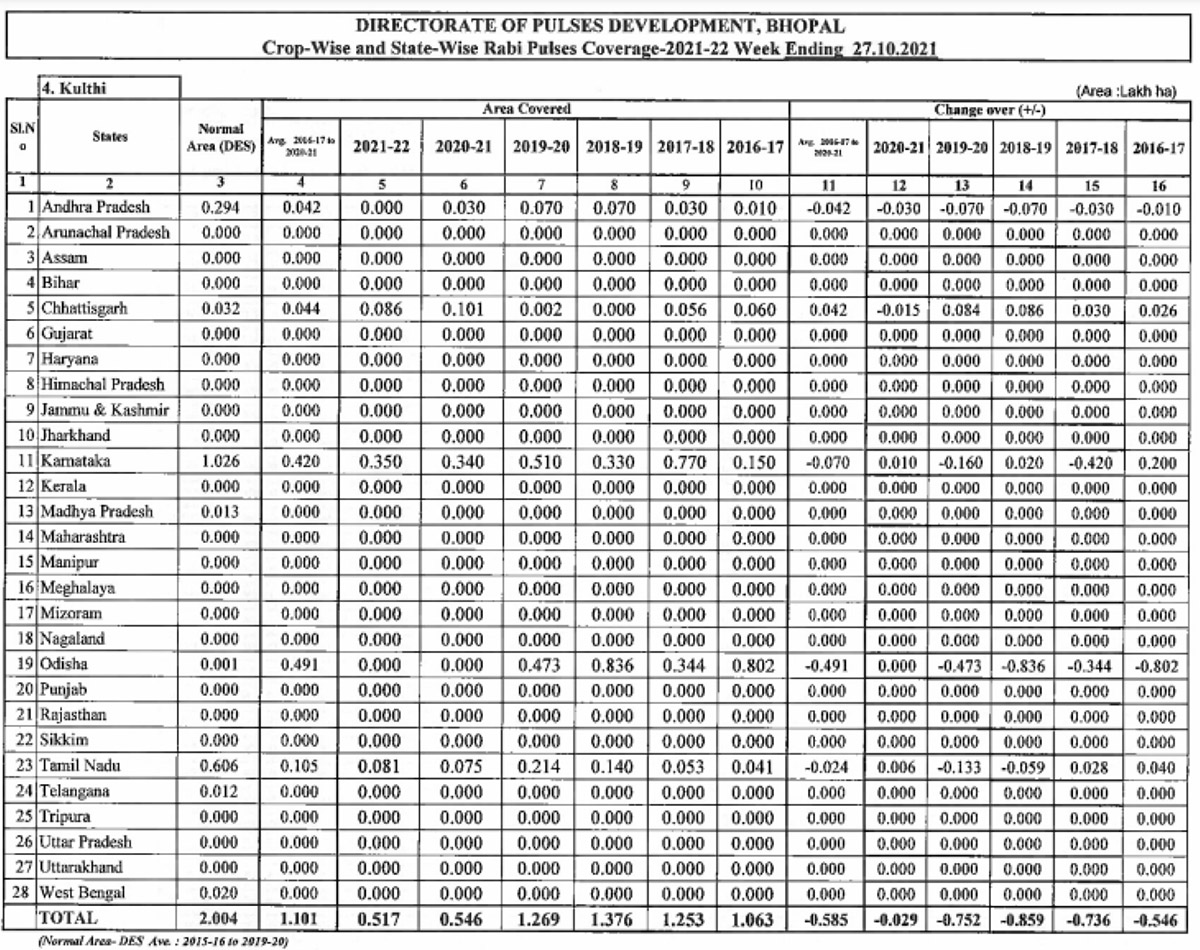
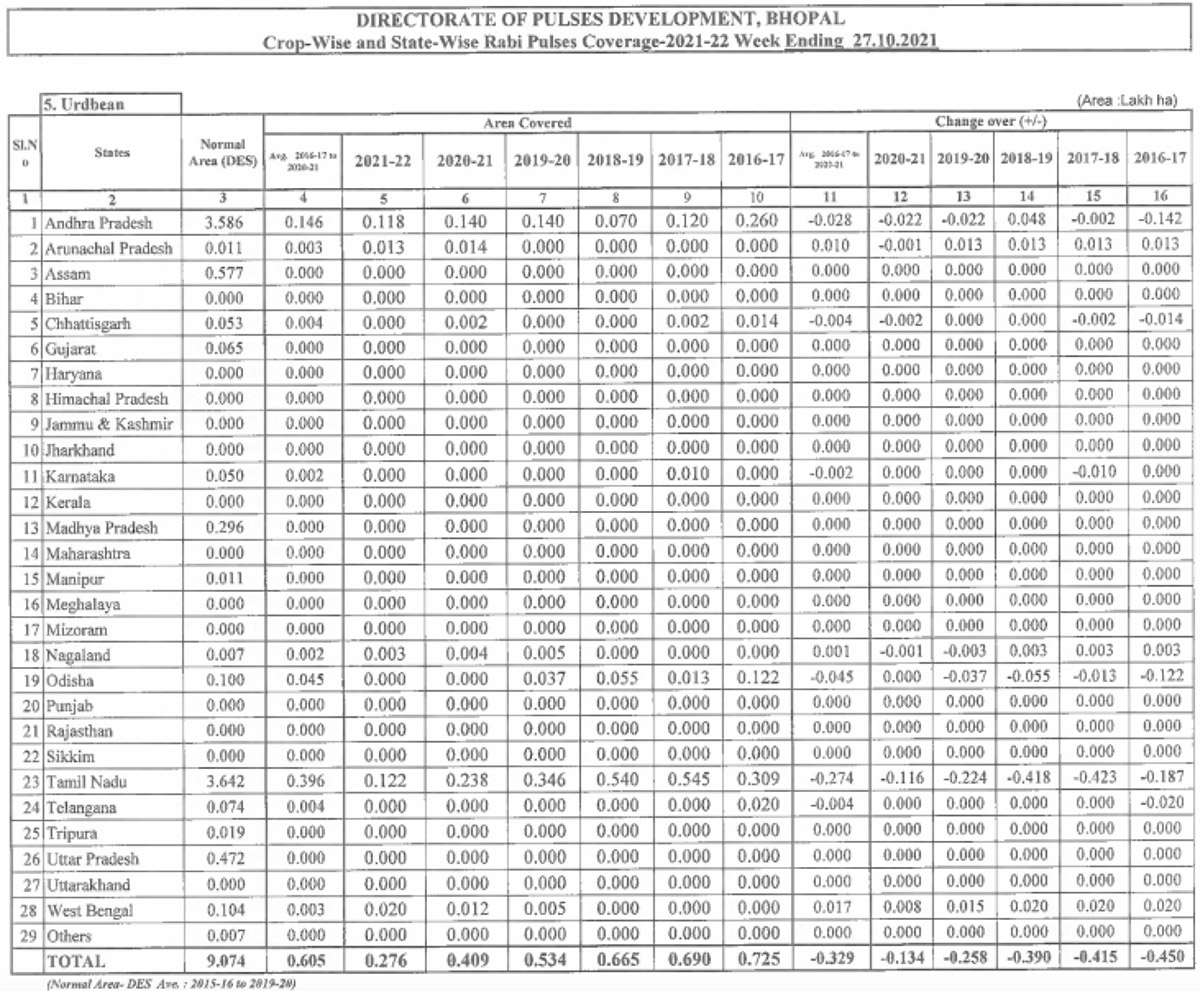
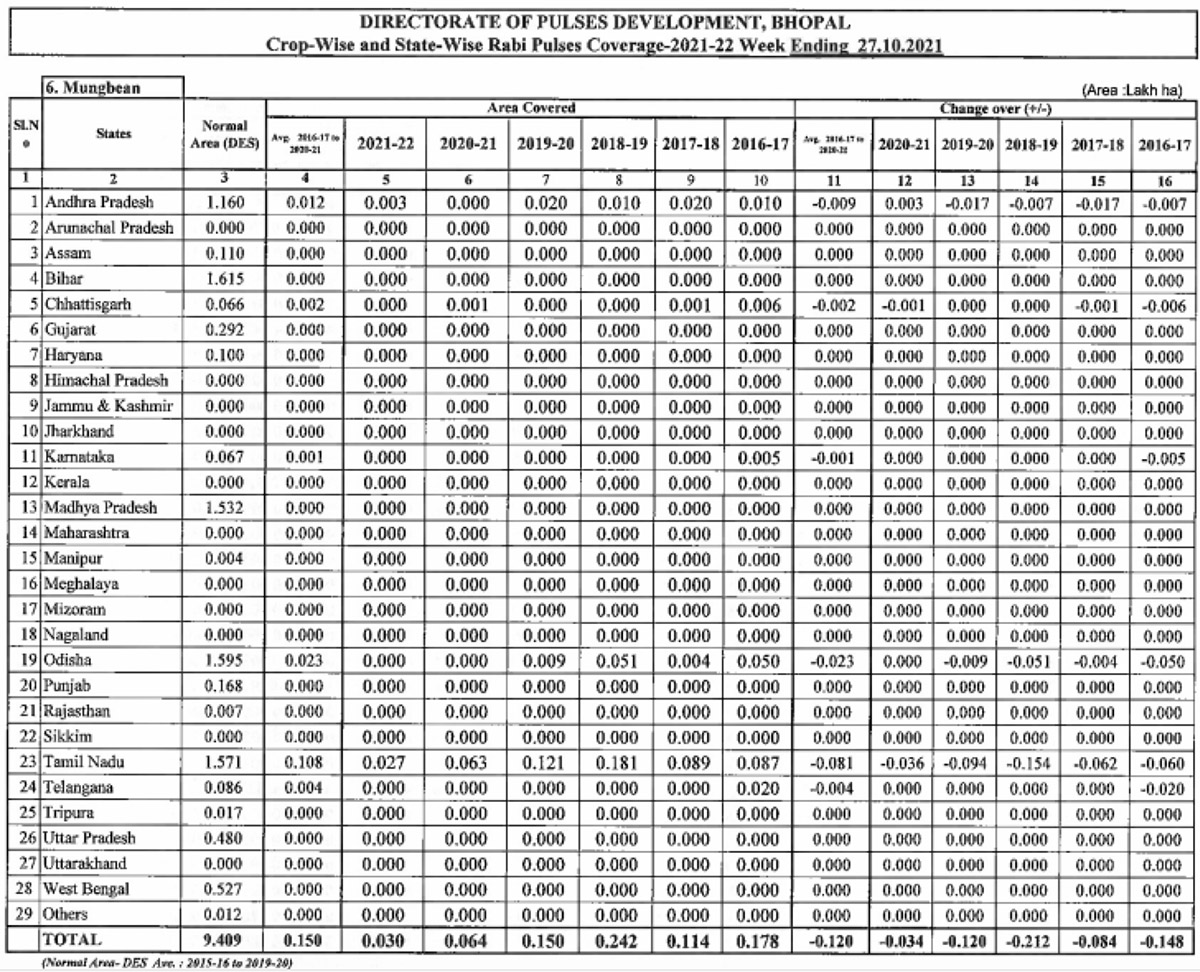
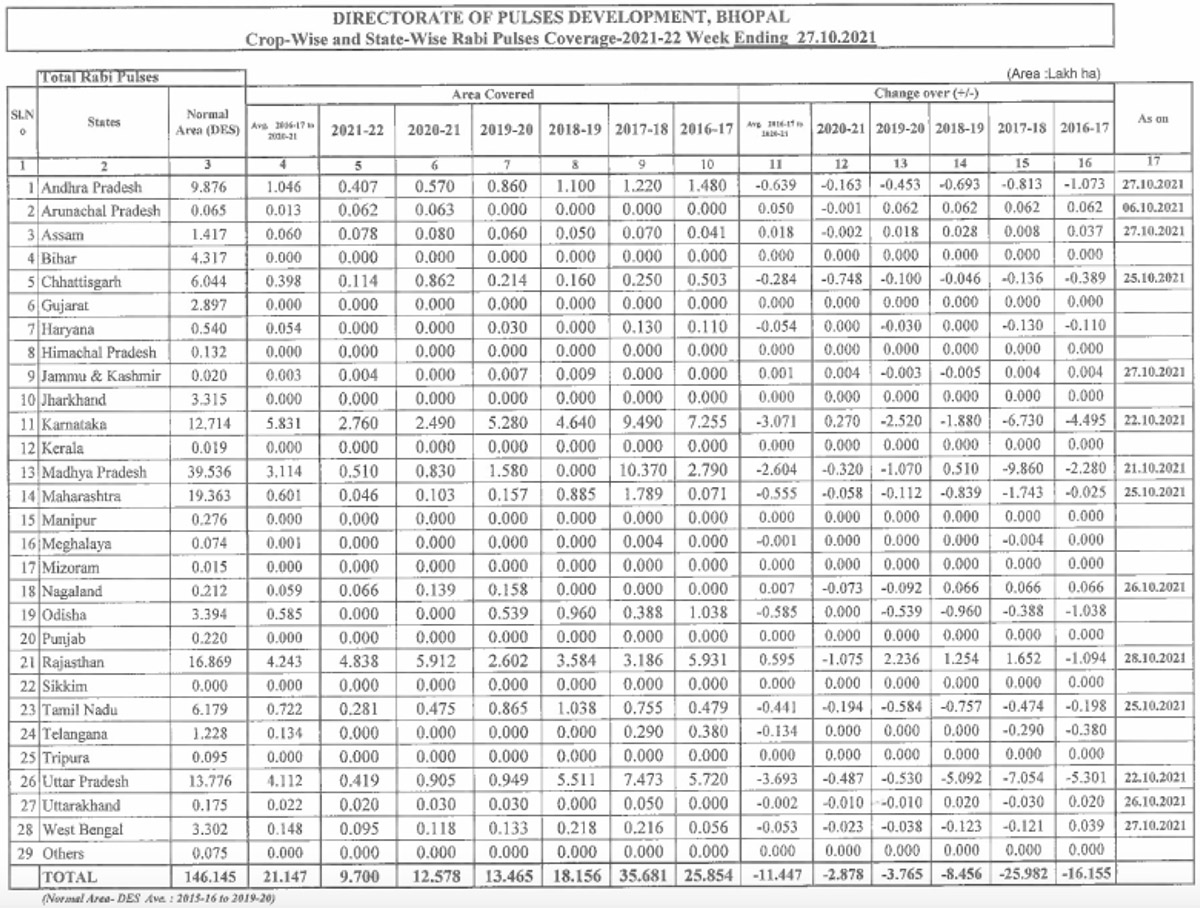
Abbreviations
Tuar/ Arhar: Pigeon Peas PP
Mung: Green Mung
Urad: Black Matpe
Chana: Gram, Desi Chickpea
Matar: Pea
Masur: Lentil
Besan: Gram Flour
Mandi: Market yard
Bhav: Prices
Dal/Daal: Processed Pulses (Directly for human consumption)
Rs: Indian Rupees (1$=Rs 74.70)
Rahul Chauhan
Director, IGrain India
igrainind@gmail.com
+91 9350141815
Twitter igrain_india

Rahul Chauhan / India / Masur / Lentil / Mumbai / Delhi / Madhya Pradesh / Uttar Pradesh / Red lentil / Chickpeas / Desi Chickpeas / Black Matpe / Mung / Red Kidney / Cowpea / Lentil / Pigeon Pea
Disclaimer: The opinions or views expressed in this publication are those of the authors or quoted persons. They do not purport to reflect the opinions or views of the Global Pulse Confederation or its members.